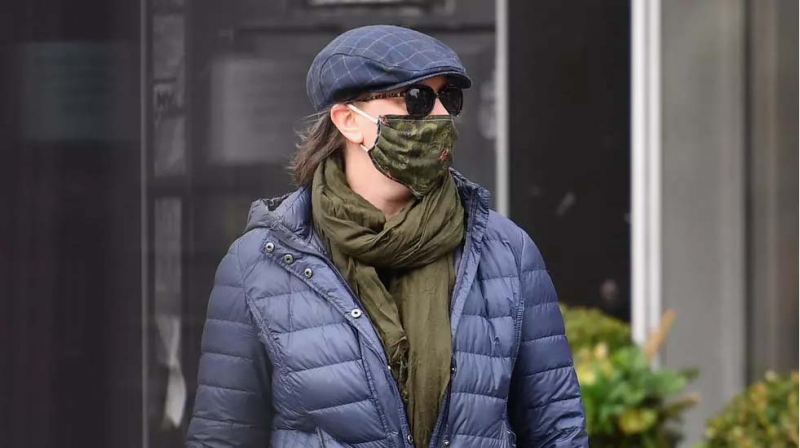Coronavirus may spread through normal breathing: US scientists
Washington
The new coronavirus might spread through the air via normal breathing and speaking, a top US scientist said yesterday as the government was poised to recommend the use of face masks for everyone.
Anthony Fauci, head of infectious diseases at the National Institutes of Health, told Fox News the guidance on masks would be changed “because of some recent information that the virus can actually be spread even when people just speak, as opposed to coughing and sneezing.”
As it stands, the official advice is that only sick people need to cover their faces, as well as those caring for them at home. Fauci’s comments come after the National Academy of Sciences (NAS) sent a letter to the White House on April 1 that summarised recent research on the subject.
It said that though the research isn’t yet conclusive, “the results of available studies are consistent with aerosolisation of virus from normal breathing.” Until now, US health agencies have said that the primary pathway of transmission is respiratory droplets, about one millimetre in diameter, expelled by sick people when they sneeze or cough.
These quickly fall to the ground around a meter away. But if the virus can be suspended in the ultrafine mist we expel when we exhale, in other words, an aerosol, it becomes much harder to prevent its spread, which in turn is an argument in favour of everyone covering their faces.
The aerosol debate
A recent NIH funded study published in the New England Journal of Medicine found that the SARS-CoV-2 virus could become an aerosol and remain airborne for up to three hours.
This triggered a debate even as critics said the findings were overblown because the team behind the study used a medical device called a nebulizer to deliberately create a viral mist and argued this would not occur naturally.
The NAS letter pointed to preliminary research by the University of Nebraska Medical Center that found the genetic code of the SARS-CoV-2 virus, its RNA, were found in hard to reach areas of patients’ isolation rooms.
The NAS scientists also pointed to two other studies -- both not yet peer-reviewed -- from Hong Kong and from mainland China. The Hong Kong researchers collected viral samples from patients with the coronavirus and other viral respiratory illnesses, and gave some of the patients face masks. The masks reduced the detection of both droplets and aerosols for coronavirus patients.
Related Posts

